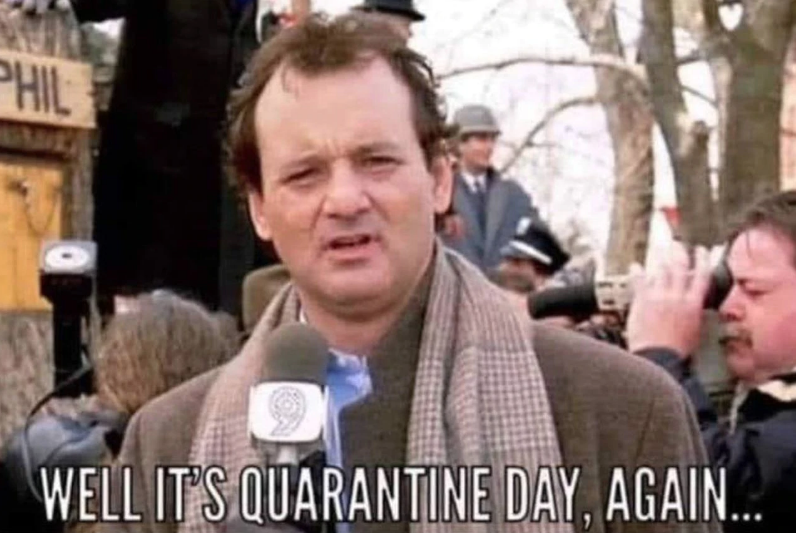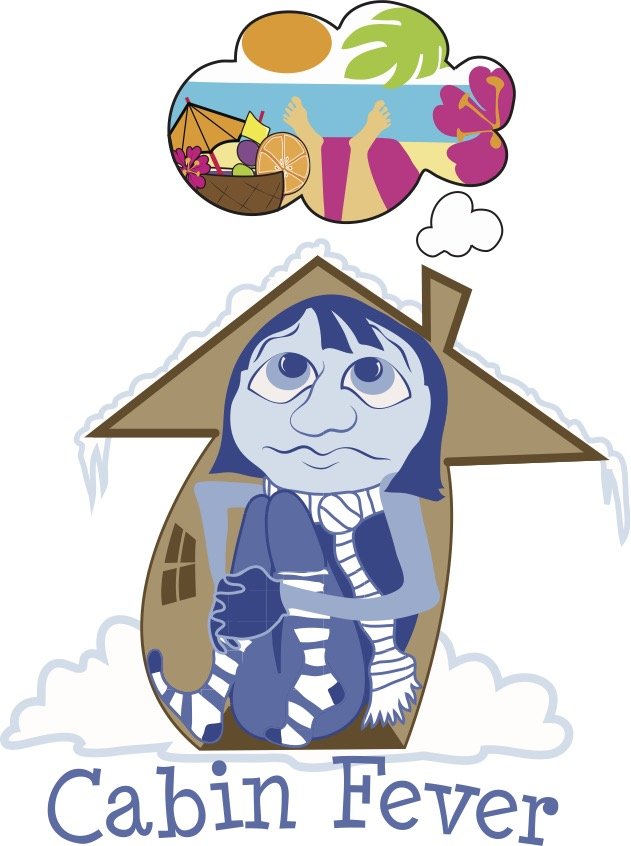Just today I was talking to Yassi, a part-time comedian and all around good woman that’s Shelby’s Stanger’s best friend. I asked her how life was going at Wind and Sea – an idyllic spot in La Jolla, California where folks come and go walking their golden retrievers or carrying their surfboards down to the ocean. The place that Tom Wolfe made famous in 1968 when he wrote about Jack Macpherson and his gang of surfers affectionally called The Pump House Gang as they set up a bamboo hut by a sewage pump. They were explosive, sought after, and oh so cool…
Today, Wind and Sea in Covid 19 is but a shell of its former self. People are coming mostly because at this point everyone has cabin fever or as Yassi puts it, “people are looking for a way to crawl out of their bathroom windows and escape”! Experiencing ground hogs day every day is tedious.

As much of the world hunkers down under some level of quarantine, we have seen rising concerns of addiction, mental health, depression and suicide rise and yet there is good evidence according to the Atlantic Magazine that “when you look at most extreme situations, the resilience and coming out of it is much more common than the negative reaction”.
What is Cabin Fever?
While not a scientific term it was first noted in 1918 that cabin fever was referred to as extreme restlessness and irritability that can emerge from being confined indoors for a long time. With cabin fever one often experiences restlessness, claustrophobia, depression, fatigue, paranoia and that feeling of being trapped.
Scientists who study people who have been confined for long periods of time have not yet reached definitive conclusion about a consistent pattern of what to expect.
What they have identified is “it’s not so much that you are confined to the house, but it is the fact you cannot get away. Just knowing that you can’t leave probably is more aggravating than anything else”!
Researchers have looked through the lens of adventure athletes and astronauts for answers. What they have learned is while both the beginning of an expedition is hard and the end is challenging as you are about to reenter everyday life, cabin fever can be the hardest.
In this light, cabin fever is the “third quarter phenomenon”, a dip in morale that happens soon after one reaches the halfway point when people reflect on how much time is left to go. And in Covid 19 we just do not know how much time is left to go.
As our 7th week of being in lock down starts today, it’s easy to see how annoyance can set in. As an addiction and mental health expert, I have a lot of experience with people who leave treatment and reenter everyday life.
Like the astronaut or adventurer, they are excited and ready to start their new life. They have a new wild idea worth living. They are energized full of optimism.
They experience a new high as one now has a new mission i.e. being free of alcohol and other drugs. One begins by being in support groups and following the recommendations given by treatment professional of how to live a healthy life. Often as the mission drags on things get a little boring and routine. One thinks do I really have to go to support groups, check in with my sponsor, go to outpatient, exercise, eat healthy, etc.
Sometimes morale begins to drop off as the person is doing the same thing over and over and the novelty of a new mission may drop off. It’s at this time that we must help clients redefine their purpose and help them recommit to their purpose.
Having Cabin Fever becomes a normal part of learning new ways of being.
This is clearly demonstrated in my slide share Going Home – The 5 Phases of Recovery
- Excitement of a new Mission
- Questioning – Do I really Have to do all this stuff. I thought I would be happy at home.
- Boredom – It’s the same routine. Being at home, zoom meetings with others, working with my sponsor and being of service every day. Here’s where cabin fever sets in
- Surrender – Learning not to set expectations which cannot be fulfilled, Learning to live in cooperation with what is and finding joy in things greater than oneself (or Higher Power)
- Acceptance -Turning gropes into gratitude. Starting each day even in Covid 19 with a gratitude list. Practicing the Serenity prayer
Living with Covid 19 we must imagine ourselves as adventurers in a new world and ultimately do the same things as astronauts, outdoor adventurers -i.e. walk in Star Trek terms where no man or woman has walked before.
Mass quarantine is a new experience for all. No one has ever had such an adventure. Covid 19 came on quickly and it has no clear end in sight. Like addiction this experience may hold us hostage and change our brain chemistry. And while there is definitive reason for concern there is also reason for optimism.
Think about the 7th inning stretch in baseball, think about the newcomer in AA who has 90 days of sobriety. We must all Stop, hit pause, reflect, discover new vistas and choose to continue.
As the famous screen writer Eric Roth (Forrest Gump, A Star Is Born etc. )says:
“I hope that you see things that startle you. I hope you feel things you have never felt before. I hope you meet people with a different point of view. I hope you live a life you’re proud of. If you find you are not, I trust , you find the strength ( that 7thinning stretch) to start all over again”!
And you have my word, if you choose to reach out, I will stand with and by you and we will emerge victorious!
(thanks to the Atlantic Magazine for inspiring this blog.)


